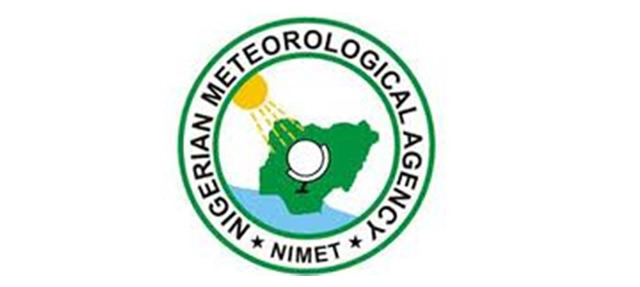The Nigerian Meteorological Agency (NiMet) is facing a looming crisis as its workers have issued a 14-day ultimatum, threatening a nationwide strike if their long-standing welfare concerns are not addressed. This ultimatum, delivered in a letter dated sometime in January 2025, highlights the growing discontent within the agency’s workforce and accuses NiMet’s management of negligence and apathy towards the well-being of its employees. The letter, signed by representatives of three key unions – the National Union of Air Transport Employees, the Amalgamated Union of Public Corporation, Civil Service Technical and Recreational Services Employees, and the Association of Nigeria Aviation Professionals – paints a picture of an organization failing to meet its obligations to its staff, creating a tense and potentially disruptive atmosphere.
The core of the workers’ grievances revolves around a series of unresolved financial and administrative issues. Chief among these is the non-payment of nine months’ arrears owed to employees under the 2019 Minimum Wage Act. This significant delay in implementing a legally mandated wage increase demonstrates a disregard for workers’ basic rights and contributes to their financial hardship. Furthermore, the unions decry the agency’s failure to implement the reviewed scheme of service since 2019, a move that would likely positively impact career progression and remuneration for staff. The non-payment of crucial allowances, including the 40% peculiar allowance and hardship allowance – compensations designed to address the specific challenges and demands of their roles – further compounds the workers’ financial strain.
Beyond these immediate financial concerns, the unions also raise broader issues of systemic neglect. They point to the management’s non-compliance with ministerial directives for the review of Conditions of Service, a critical oversight that indicates a lack of respect for higher authorities and a disregard for established procedures. The non-payment of a 25-35% wage award, another overdue benefit, underscores the management’s consistent failure to fulfil its financial obligations to its employees. Additionally, the unions highlight the agency’s refusal to facilitate the transition from CONMETSS (Conditions of Service of Meteorological Staff), a change that could potentially streamline administrative processes and improve staff welfare. These accumulated grievances paint a picture of an organization struggling with internal management and failing to prioritize the well-being of its workforce.
The unions’ letter underscores the severity of the situation, stating that the workers’ suffering is a direct result of the management’s actions and inaction. This strong condemnation highlights the deep-seated frustration and disillusionment among NiMet’s employees, who feel their contributions are undervalued and their concerns ignored. The letter serves as a final warning, urging the management to take immediate and decisive action to address the highlighted issues. The threat of a nationwide industrial action, scheduled to commence at 6 a.m. on February 4, 2025, looms large, potentially disrupting critical meteorological services across the country.
The 14-day ultimatum represents a critical juncture for NiMet. The agency’s management now faces a choice: engage constructively with the unions and address the legitimate concerns of its workforce or risk a debilitating strike that could cripple its operations and damage its reputation. The silence from NiMet’s management in the face of this ultimatum only exacerbates the tension and uncertainty. This lack of communication raises concerns about the management’s willingness to engage in meaningful dialogue and find a resolution to the impasse.
The potential consequences of a strike are significant. NiMet plays a crucial role in providing weather forecasts and climate information, vital for various sectors, including aviation, agriculture, and disaster management. A disruption in these services could have far-reaching implications, affecting public safety and economic activities. The onus is now on NiMet’s management to demonstrate leadership and prioritize the welfare of its employees to avert this potential crisis. A proactive and empathetic approach is essential to address the workers’ concerns, restore trust, and ensure the continued smooth operation of this vital agency.














